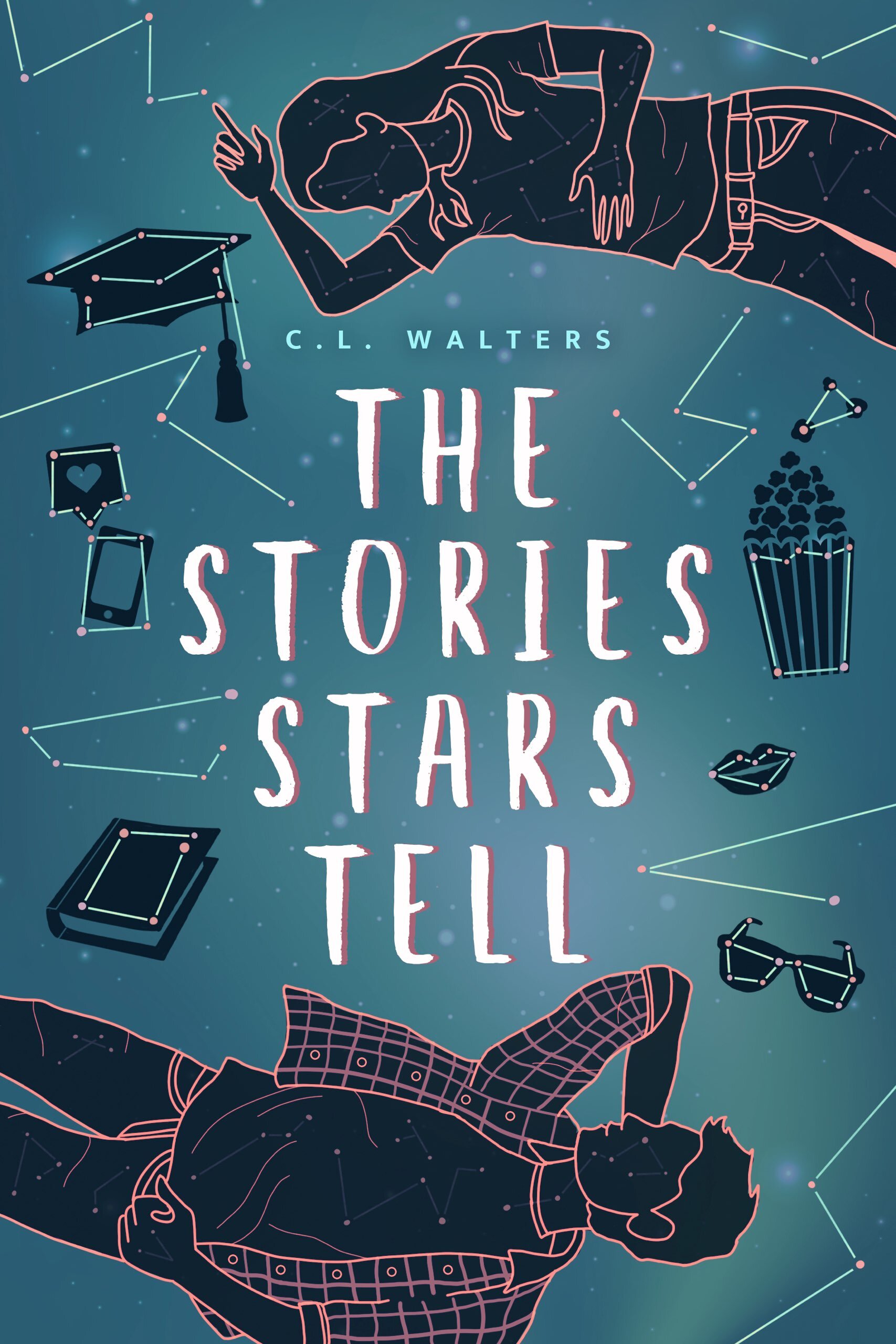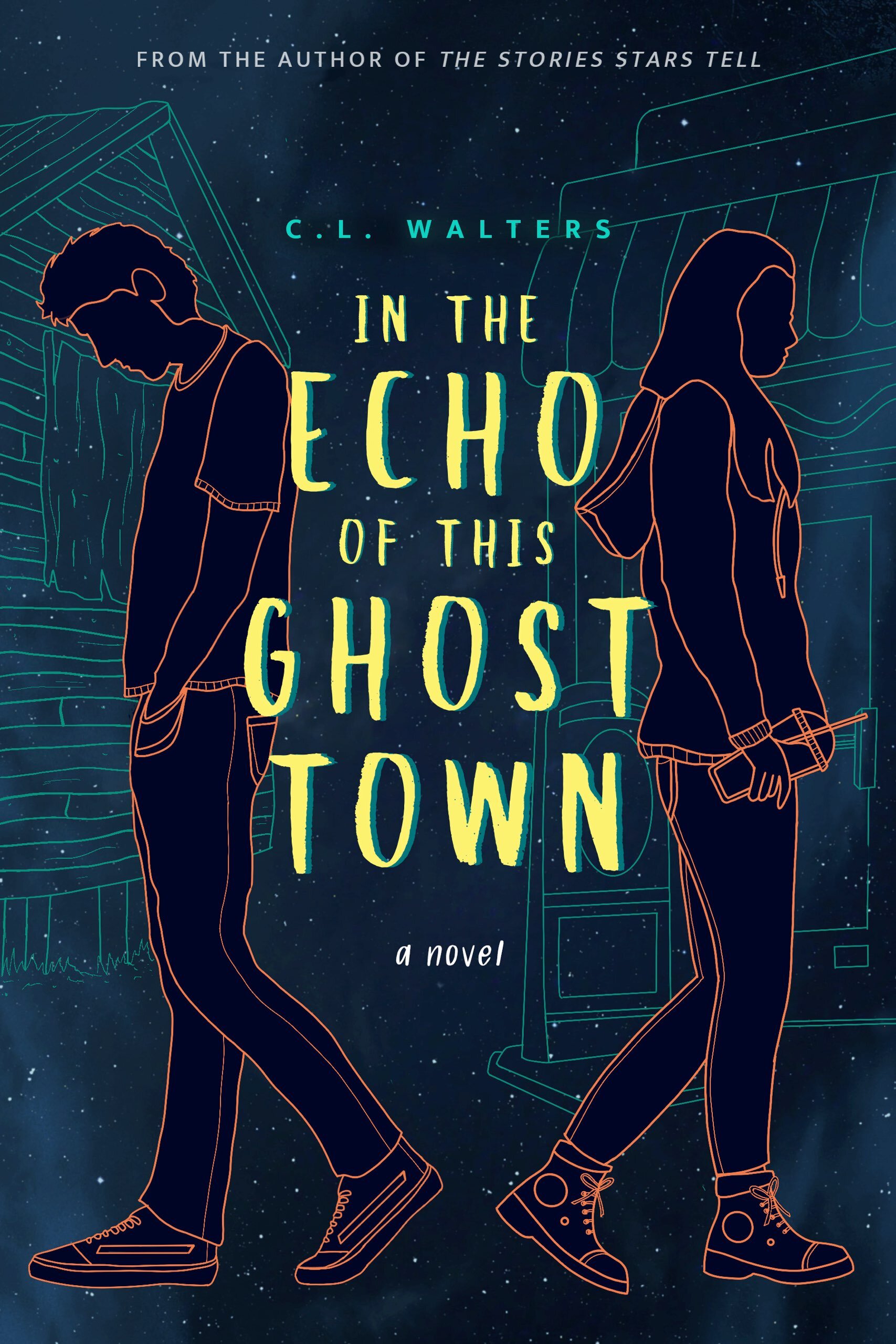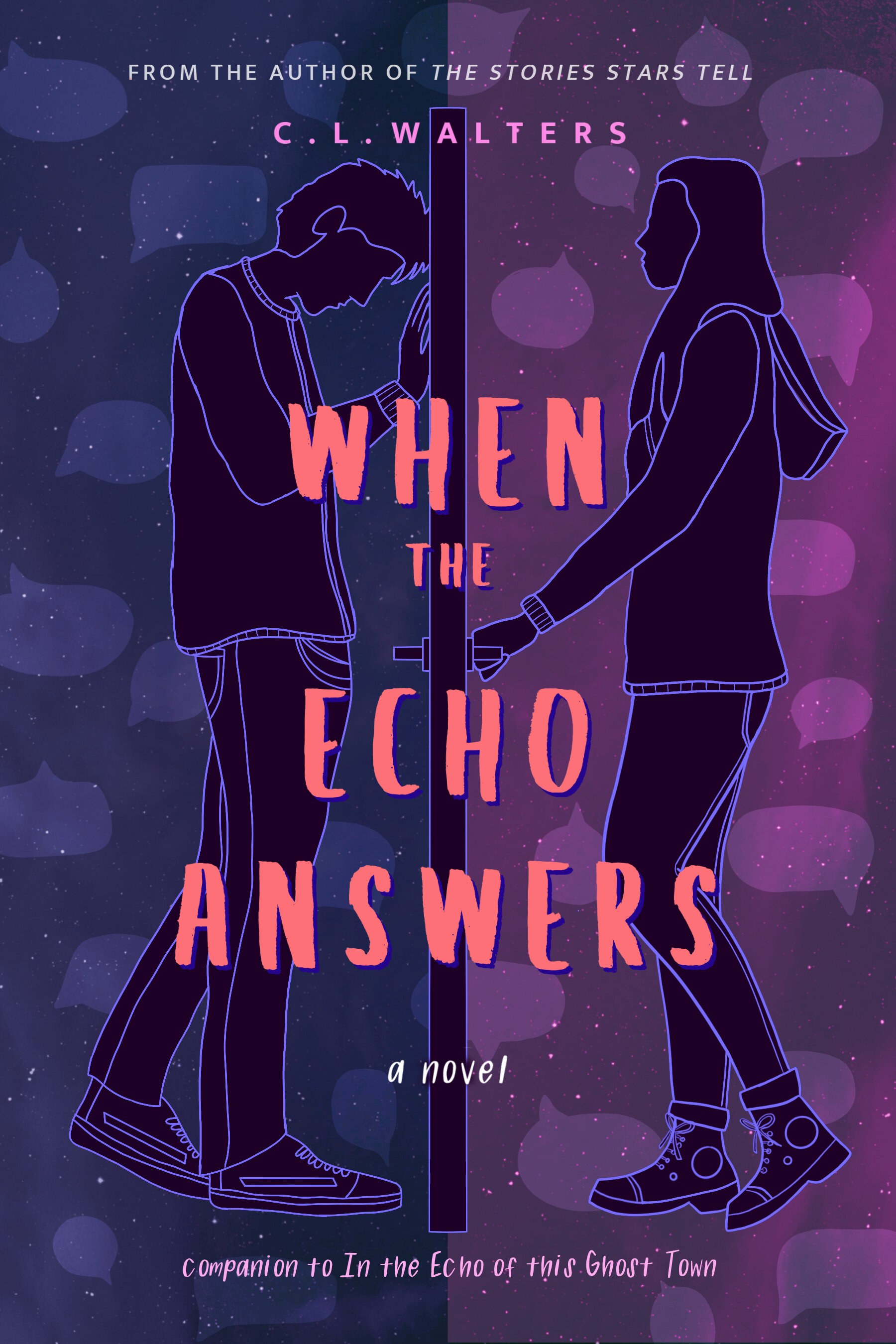National Novel Writing Month, which happens in November every year, is a massive community of creatives using the time like one giant writing sprint. Millions of people start it, thousands of people finish. What sets those who complete it with those who don’t. No idea. This isn’t that kind of post. Instead, I wanted to examine how using NaNoWriMo 2020 helped me to kickstart In the Echo of this Ghost Town which publishes next month (October 12, 2021).
Look, full transparency, I’ve “won” NaNoWriMo four times (and by “won” I just mean met the 50,000 words written in November goal). So far, though, I haven’t published any of those works. In the Echo of this Ghost Town. with be the first. The other 3 projects need so much more work that I have them in the publishing plan queue for the next few years. This is the first time I met the word count goal and used the momentum to finish the book. Interested in learning more about NaNoWriMo books that have been published? Here’s a blog about it and here’s a reel I made.
So how did I do it?
Choose a project
First, I had a project in mind before November even rolled around. I started playing around with Griffin’s story in July 2020. I had a general sense of his character, I had a sense of the conflict and the inciting incident (i.e., the fight with Tanner from The Stories Stars Tell), so when I looked ahead at my schedule, I saw the opportunity to commit to writing forward on the draft in November.
Set an overall goal
The next thing I did was set an overall goal. NaNoWriMo already has a built in goal of 50,000 words for the month. It’s a great milestone to shoot for it you find that motivating. Word counts are cool and I love recording them and seeing the graph climb each day, but it wasn’t the 50K word count I was shooting for, it was a completed first draft of In the Echo of this Ghost Town. So while NaNoWriMo offers a common finish line for everyone, don’t hesitate to set your own goal based on your needs and the best practices within your own process.
Prepared
Next, I started November prepared. How prepared? I had done some heavy lifting on my character work (completed a template I made and use for getting to know characters and explore their motivations as well as character interviews of each of the characters I knew). I had several scenes written, a rough understanding of what I thought the story structure would be, and the ability to identify mini goals to help me move forward. Finally, I did some research. For Griffin’s story this meant looking closer at abandonment and male culture. Was I finished with the research by the time I got started in November? No, but I’d gotten started.
Set a daily goal
Next, to hold myself accountable to the daily grind of writing, I set daily goals. NaNoWriMo does this for us. 1,667 words each day over 30 days to make the 50K mark. So, here’s my truth, I don’t find word counts motivating. Sure, I love watching that graph climb when I enter my word count, but truthfully, when I’m writing to a number, I feel sort of paralyzed and boxed in. What motivates me even more, is making my own visual accountability chart to record and color in my progress filled in with my own personal goals.
As part of my preparation, I set the first week with goals. These goals are related to story and scene work rather than word counts. So for example, the first day, I might identify “Griffin & Mom” as the goal. I know that means I need to work on developing a scene that explores the dynamic between these characters. So I sit down that day and write to complete that scene. As I write forward, I adjust and modify the daily goals as necessary to keep the forward momentum. And because characters always surprise me, I need to leave room for adaptation.
Sat my butt in the seat and wrote
This takes commitment and self-discipline. Again. I love to color in my chart., so there’s that for the discipline. But I also know it can be too easy to be like, “Oh I’ll just I write more tomorrow.” I did that for a lot of years (which I think comes down to not having done the preparation). I DO schedule in a few days of non writing (I.e., my birthday [which falls in November], Thanksgiving and the day before are bonus writing days). Just sit down and write.
Having a finished project as my goal (I.e., Griffin’s story) made it easier. I had an endgame in mind. I had a sense of how to get there. Sitting down everyday to write toward that end didn’t feel so painful.
I am kind to myself
Sometimes there are horrible writing days. There was a day I only wrote 800 words. It felt like every word I typed were droplets of blood oozing through my fingertips. On those days, it is important to be kind to yourself. There are things I try to jumpstart the creativity. Sometimes I change location; sometimes I change medium (I.e., computer to a handwritten journal) , but there are days NOTHING works. Be kind, set a goal for the next day, and give yourself permission to walk away WITHOUT the negativity.
Wrote forward rather than looking backward
It is always tempting to reread what I’ve already written. I try to avoid this unless I need to to get started or reacquaint myself with a specific plot point. But usually I avoid this during NaNoWriMo. Instead, I focus on the daily goal and if I’m not sure I write that into the draft and then keep moving forward. That is what revision is for.
There is one caveat to this: I will reread what I have written each day in order to allow myself the opportunity to flesh out and develop what I started. I tend to underwrite for NaNoWriMo. So I might write an 800 word scene. When I go back through it and add details and find opportunities to add flesh to the page, it becomes clearer (and adds to the word count, obviously).
Celebrated the milestones
Finally, it’s easy to be negative with ourselves. It’s easy to think, “I wasn’t good enough today,” or “I’m not good enough to do this.” I know these thoughts will happen. They happen to all of us, but when you achieve a goal—whether its one you set for a day, or one you set for the week, or one you’ve asked your CP to hold you accountable to meet—celebrate it! A glass of wine, a night out with your friends, whatever it is, celebrate your writing wins!
An example of handwriting to change my perspective and jumpstart the flow when I’m stuck.
Ultimately, NaNoWriMo is a personal endeavor. It isn’t a competition with anyone else but rather a chance to face yourself, which is why I say use your strengths and what you find motivating to get to that finish line! If you’re planning on participating, good luck, and come find me so we can be Nano friends (CL Walters). I’ll be working on the second book of my fantasy and will need all the moral support I can get.
















